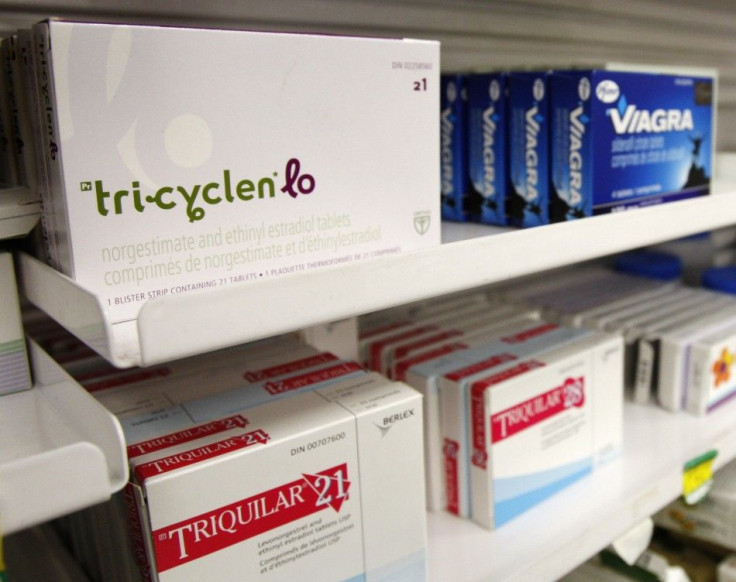United States approves free birth control for women

U.S. health insurance companies must offer women free birth control and other preventive health care services under Obama administration rules released on Monday, a historic decision supported by family planning groups and opposed by conservative groups.
The rules from the Health and Human Services Department are part of the nation's healthcare overhaul and largely follow recommendations from an advisory group released last month.
The U.S. Institute of Medicine (IOM) report, commissioned by the Obama administration, recommended that all U.S.-approved birth control methods -- including the "morning-after pill," taken shortly after intercourse to stop a pregnancy -- be added to the list of preventive health services.
The recommendation faced opposition from conservative and religious groups that balked at using taxpayer money to cover birth control, especially the "morning-after pill."
The guidelines go into effect on Monday, requiring insurers to provide free coverage of preventive care services for women in all new plans beginning in August 2012.
"These historic guidelines are based on science and existing literature and will help ensure women get the preventive health benefits they need," HHS Secretary Kathleen Sebelius said in a statement.
The HHS added an amendment allowing religious institutions to choose whether to cover contraception services in their insurance. The U.S. Conference of Catholic Bishops had urged the HHS to exclude birth control as a service.
The adoption of the recommendations is a win for organizations such as the American Congress of Obstetricians and Gynecologists, and Planned Parenthood.
"Eliminating cost sharing for these crucial preventive services will make needed care more accessible and will improve the health of millions of women," said Iowa Democratic Senator Tom Harkin, who had urged HHS to accept the report's guidelines.
The health department's guidelines followed the IOM's recommendations to require free screening for gestational diabetes, testing for human papillomavirus in women over 30, counseling for HIV and sexually transmitted infections, lactation counseling, screening for domestic violence and yearly wellness visits.
Research suggests that the public supports adding birth control to the list of services.
A Thomson Reuters/NPR survey in May found 76.6 percent of respondents believe private insurance plans, without government assistance, should cover some or all costs associated with birth control pills.
The HHS will hold a press conference on the new guidelines on Monday. To read the guidelines, visit www.hrsa.gov/womensguidelines.
© Copyright Thomson Reuters 2024. All rights reserved.





















